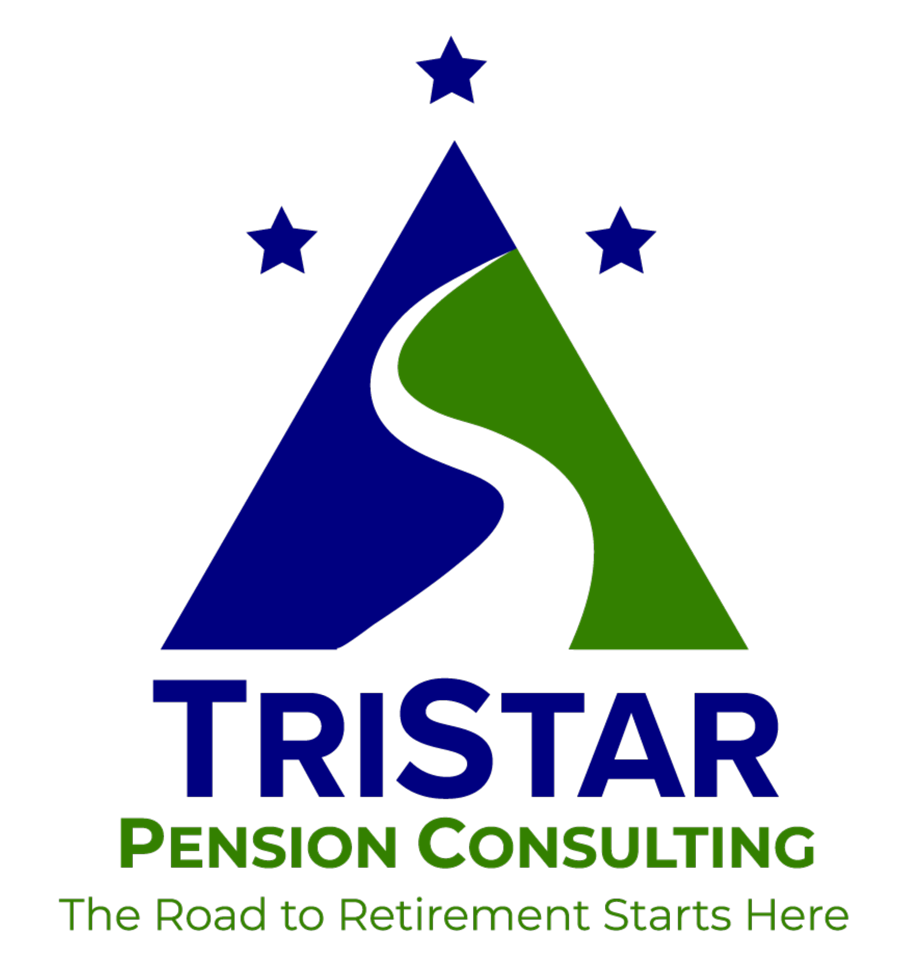

Rely On Us for
Make Retirement Planning Simple
Bring in our pension consulting team in Oklahoma City, OK for help
When you need retirement planning services, call on Tristar Pension Consulting. Our pension consulting team in Oklahoma City, OK will go the extra mile to help you create a custom retirement plan that works for you and your employees. We have over 25 years of experience, so you can count on us for quality work.
Make the most of your retirement plan. Call 405-848-4015 to schedule a consultation on retirement planning services.

We Can Work With Business Owners Anywhere in the U.S.
You can meet with our team from your hometown
Rely On Us for Retirement Planning Services in Oklahoma City, OK and Beyond
Trust our consultants to help you choose the best plan for your business
What can we do for you?
We offer a variety of services to help business owners select cost-effective retirement plans for their employees. Turn to us for:
Pension consulting and custom retirement plan design
Retirement plan administration and compliance work
Help choosing the right plan for your needs
Our consultants have experience working with defined contribution plans like 401(k)s and defined benefit plans like cash balance plans. You don't need to know which option is best for you - that's what we're here to help with.
We'll take you down a road that maximizes benefits, reduces plan costs and keeps your business on an even keel.
See what sets us apart
Bringing in an outside firm to assist with your retirement plan can make your life easier. Choose Tristar Pension Consulting for the job. We've earned an excellent reputation because:
- We provide excellent customer service
- We're responsive and communicate well
- We're highly educated on retirement plans
To find out more about our company, contact us today.

The Road to Retirement Starts Here
You can meet with our team from your hometown
Make Retirement Planning Simple
Bring in our pension consulting team in Oklahoma City, OK for help
When you need retirement planning services, call on Tristar Pension Consulting. Our pension consulting team in Oklahoma City, OK will go the extra mile to help you create a custom retirement plan that works for you and your employees. We have over 24 years of experience, so you can count on us for quality work.
Make the most of your retirement plan. Call 405-848-4015 to schedule a consultation about retirement planning services. We can work with individuals and business owners.
Put us in the driver's seat
Bringing in an outside firm to assist with retirement planning can make your life easier. With Tristar Pension Consulting at the wheel, you can rest easy. We've earned an enviable reputation because:
- We provide outstanding customer service.
- We're responsive and we communicate clearly.
- We're highly educated about retirement plans.
To find out more about what our company can do for you, contact us today.
